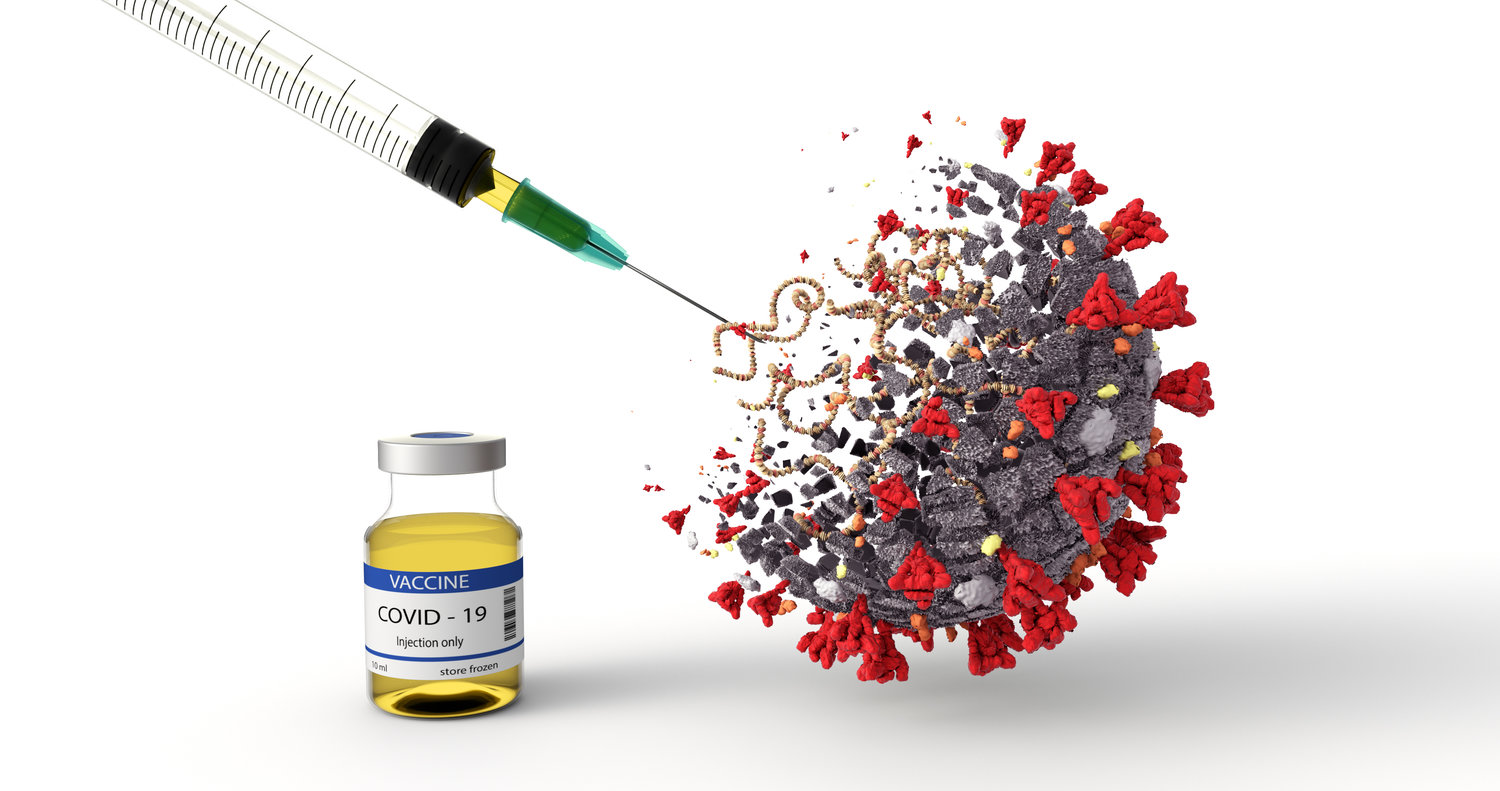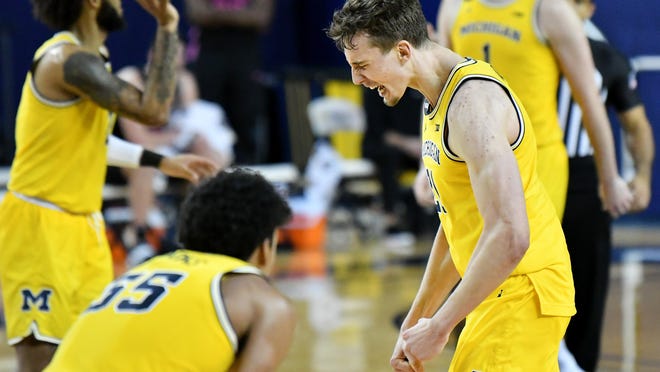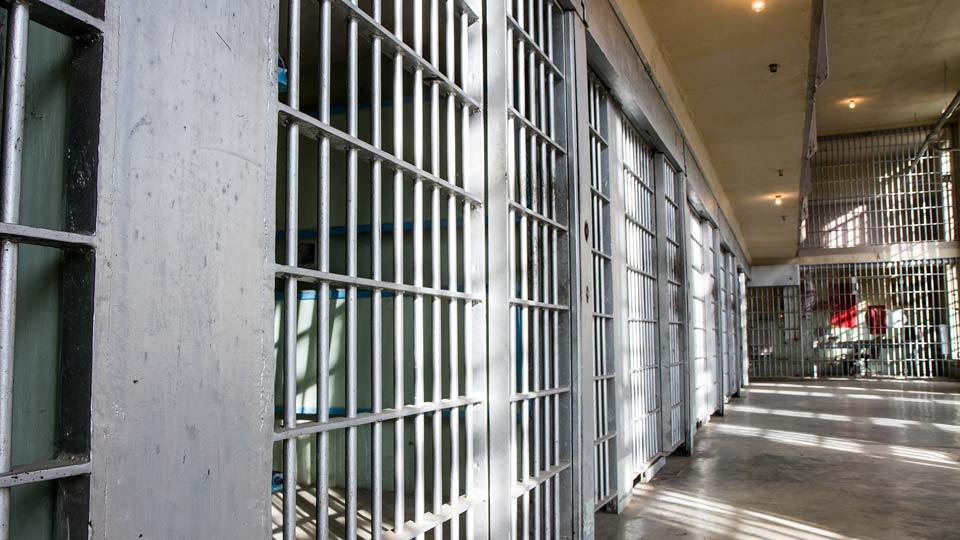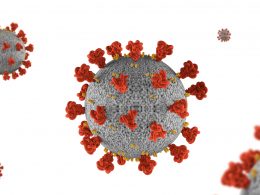Even officials like Ingham County Health Officer Linda Vail have had moments where they’ve questioned the efficacy of a fast-tracked COVID-19 vaccine for residents in Greater Lansing.
Vail is a staunch believer in vaccination. She understands the science behind how they work and has been involved in the development of drugs (and the FDA approval process) as a former employee at Pfizer. Still, the rapid development of the vaccine has given her pause, she said.
Dr. Adenike Shoyinka, Ingham County’s chief medical officer, has also had her reservations about the vaccines as they were driven through clinical trials and testing. And her professional specialty is in infectious diseases, which for decades have been well controlled by vaccinations.
Then, last month, Dr. Anthony Fauci, director of the National Institute of Allergy and Infectious Diseases, and other leading health professionals threw support behind the vaccine trials.
“As soon as they came out strongly in support, and strongly supporting the efficacy, the safety, the process that this vaccine has gone through, I don’t have any concerns anymore,” Vail said.
Vail and Shoyinka, who have led Ingham County’s response to the pandemic, participated in a 37-minute video interview with City Pulse last week.
Despite two vaccines — one produced by Pfizer and the other by Moderna — on the cusp of approval by the FDA, polling still shows that over half of Americans harbor some reluctance about the coronavirus vaccine, much like the original hesitations voiced by Vail and Shoyinka.
Trial data shows that each vaccine is at least 95% effective in preventing an infection with the virus. And even for those who contracted the virus after vaccination, the disease was less severe.
Those vaccines could begin being administered in Michigan as soon as Tuesday (Dec. 15), officials said.
And even as federal regulators prepared to approve the Pfizer vaccine for an emergency-use authorization this week, the country was still facing some of the largest spikes in COVID-19 cases and numbers of those hospitalized (and put on ventilators) since the pandemic began.
This week, Michigan confirmed 410,295 cases of COVID-19 and 10,138 deaths — including 16.629 cases in Greater Lansing and 219 deaths in Ingham, Clinton and Eaton counties.
Who’s first in line?
Last week, the federal Centers for Disease Control vaccine advisory board voted to provide the vaccine first and foremost to frontline medical workers. Residents and staff at long-term care facilities were next in line.
“Our first priority will be to keep our healthcare systems operating, and to protect those who are the most vulnerable,” according to the Michigan Department of Health and Human Services.
State officials still aren’t sure how many doses of the vaccine will be available in Michigan, but they already know it won’t cover everyone on the CDC’s priority list. A spokeswoman said the hope is to have vaccines for all staff at congregate care facilities — like group homes for those with disabilities and skilled nursing facilities — by January. At-risk populations will be prioritized.
With limited initial supplies, those first batches will go to frontline healthcare workers. Broad community availability is not expected until late spring 2021. That will delay a return to “normal,” state officials said, until 2022. Vail was optimistic for a return to “normal” in mid-2021.
Shoyinka disagreed; only time will tell. And public acceptance of the vaccine will be paramount.
“Let’s just say I’m trying to be realistic and optimistic at the same time,” Shoyinka added. “Again, like we said, we don’t know how well or how long this vaccine will induce immunity.”
The process requires two shots a month apart. Shoyinka suggested that “full immunity” won’t kick until the second dose. Even then, the duration of that immunity is uncertain, she said.
“Is this something that we’re going to have to take annually or biannually? We still don’t know,” Shoyinka added. “So yes. We still have a long way to go. I would say a minimum is a year.”
The distribution plan for the coronavirus vaccine is also different from the H1N1 vaccine in 2009. That vaccine was sent from the state to local health departments, and then to patients and long-term care facilities. This time around, the vaccine will be distributed directly to the long-term care facilities by the federal government through partner pharmacies, officials said.
Vail said the coronavirus vaccine also won’t be distributed in congregate settings like flu clinics.
“We still need to vaccinate people rapidly. We can’t bring people into rooms in large groups and cram them together in lines in order for us as a system to vaccinate them rapidly. So, in a sense, you do have to make sure that it gets out to a number of different places,” Vail added.












